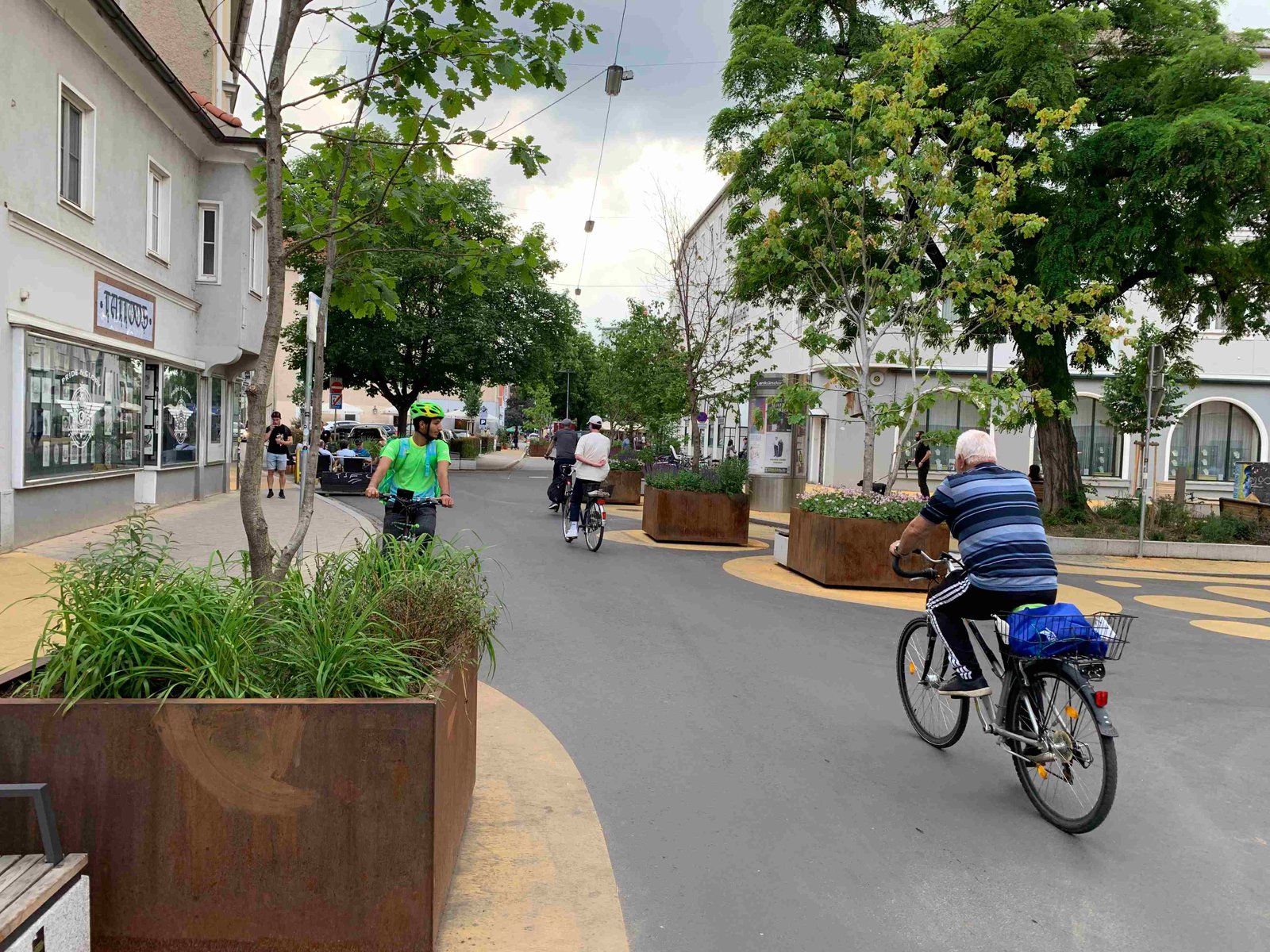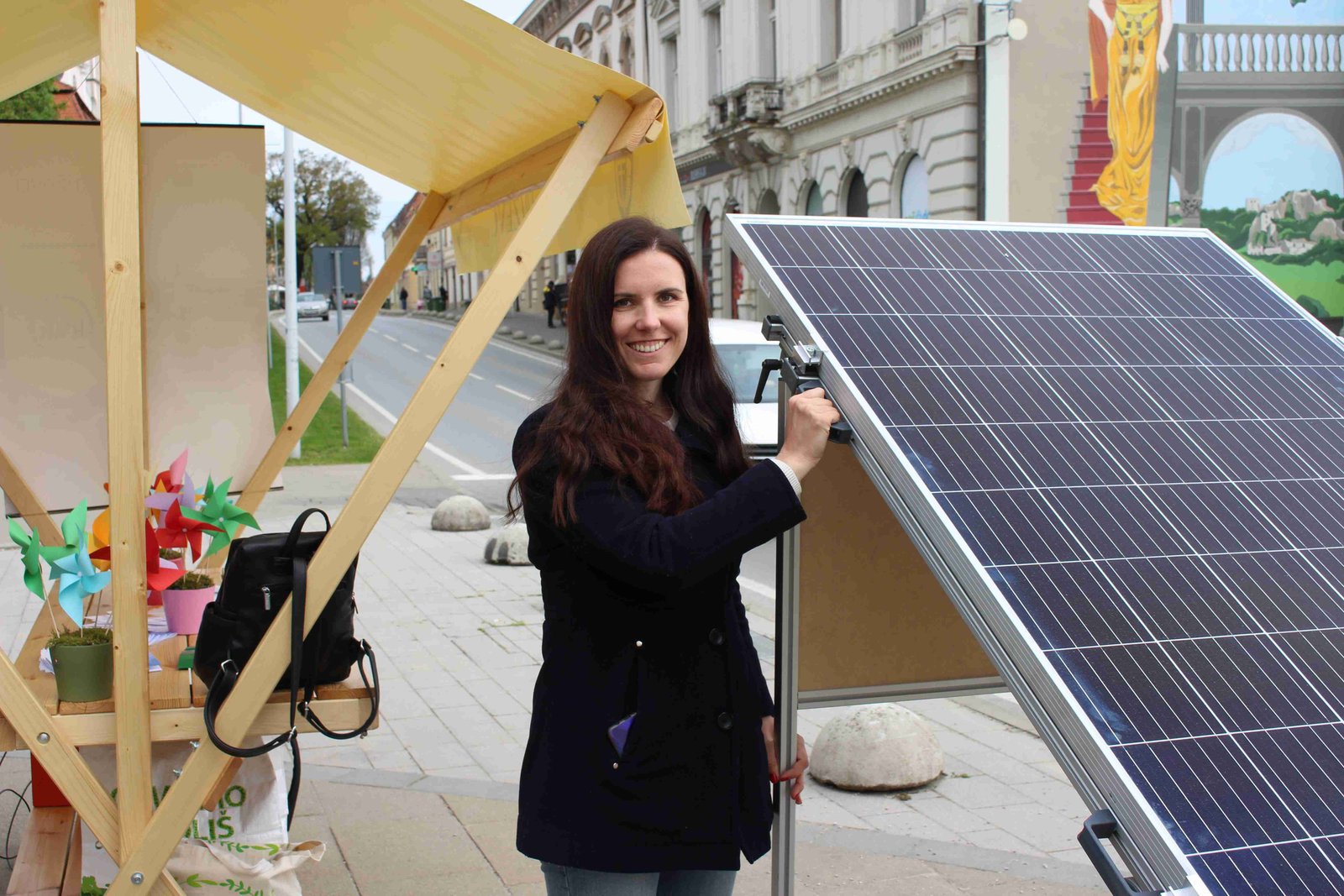Climate-Neutral
Cities
Achieving climate-neutrality is a critical challenge that all communities must tackle with extreme urgency.
Getting communities to climate-neutral is a top priority for Thriving Communities, as it is for Europe.
As part of the European Green Deal, the EU Commission has set a mission to create 100 Climate Neutral and Smart Cities by 2030. In January 2022 the EU Commission received 377 expressions of interest from municipalities committing to the climate-neutral cities mission, and they have selected a short-list of 112 these cities that the EU plans to support most actively.
In south-east Europe, cities from all EU countries applied for the mission, along with cities from Albania, Montenegro and Bosnia and Herzegovina. Only some have been short-listed by the Commission at this stage, but Thriving Communities is excited to work with any community in SE Europe to pursue the mission of climate-neutrality by 2030.
As part of the mission, the Commission expects each city to develop a Climate City Contract. These agreements will need to set out plans for the city to achieve climate neutrality by 2030, an investment plan and commitments to implementing these plans from the EU, national and regional authorities, businesses and citizens.
The Commission is backing a pan-EU Mission Platform to provide technical, regulatory and financial assistance to help the selected cities to pursue the mission. The first phase of this platform is being run through the NetZeroCities project (which shares many interconnections of partners and history with Thriving Communities). The Horizon Europe programme will also invest in research and innovation projects linked to the mission.
Our previous work to analyse the economic case for decarbonisation in SE Europe suggests that radical progress towards climate neutrality by 2030 will require capital investments of €6–9k per citizen. Combined health and energy cost savings will provide communities with an excellent 2–300% return on this investment. This is based on our analysis for the cities of Skopje, Niš and Maribor – and Slovenia on a national scale.
You can find more ideas in the links below:






